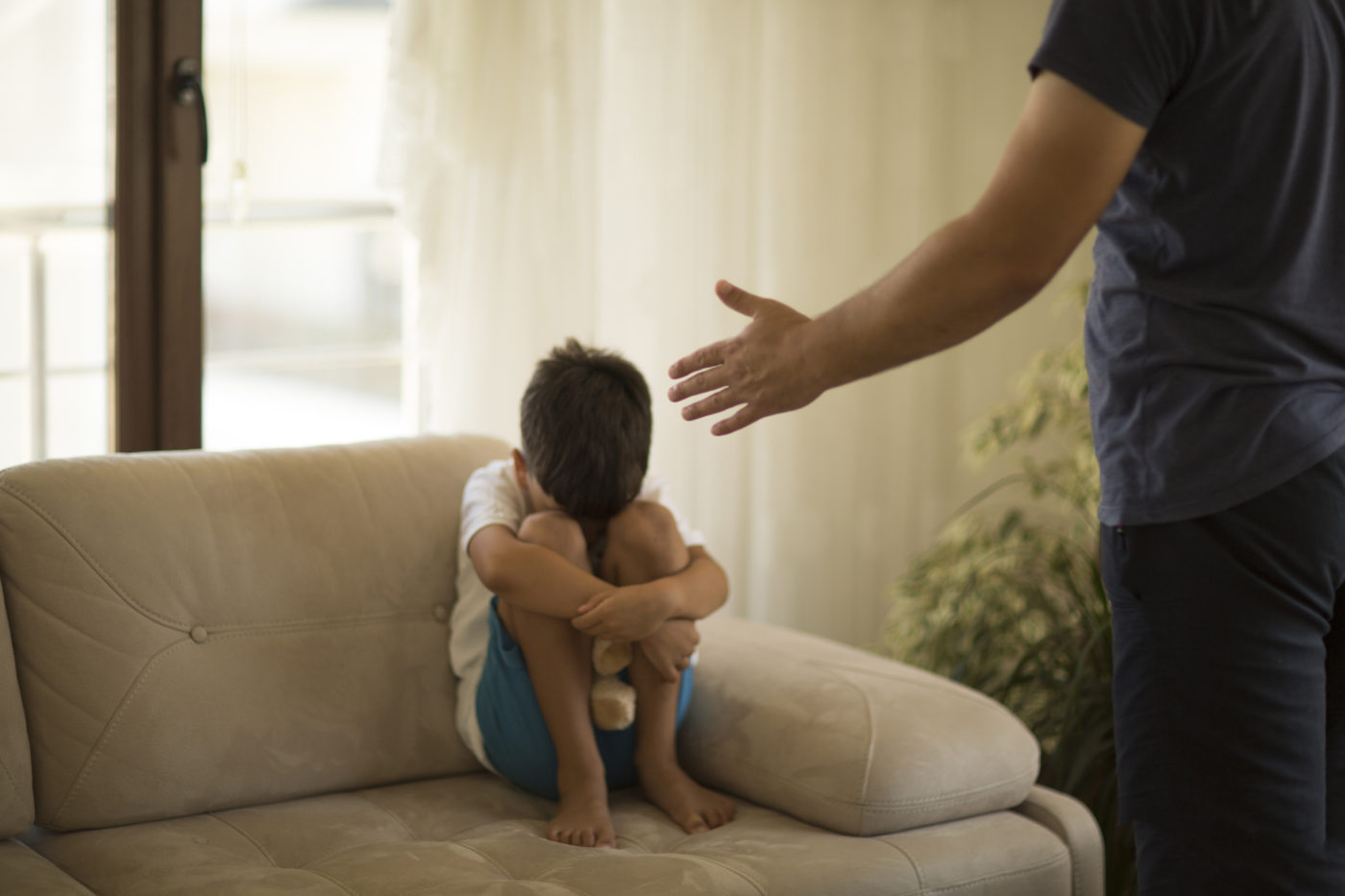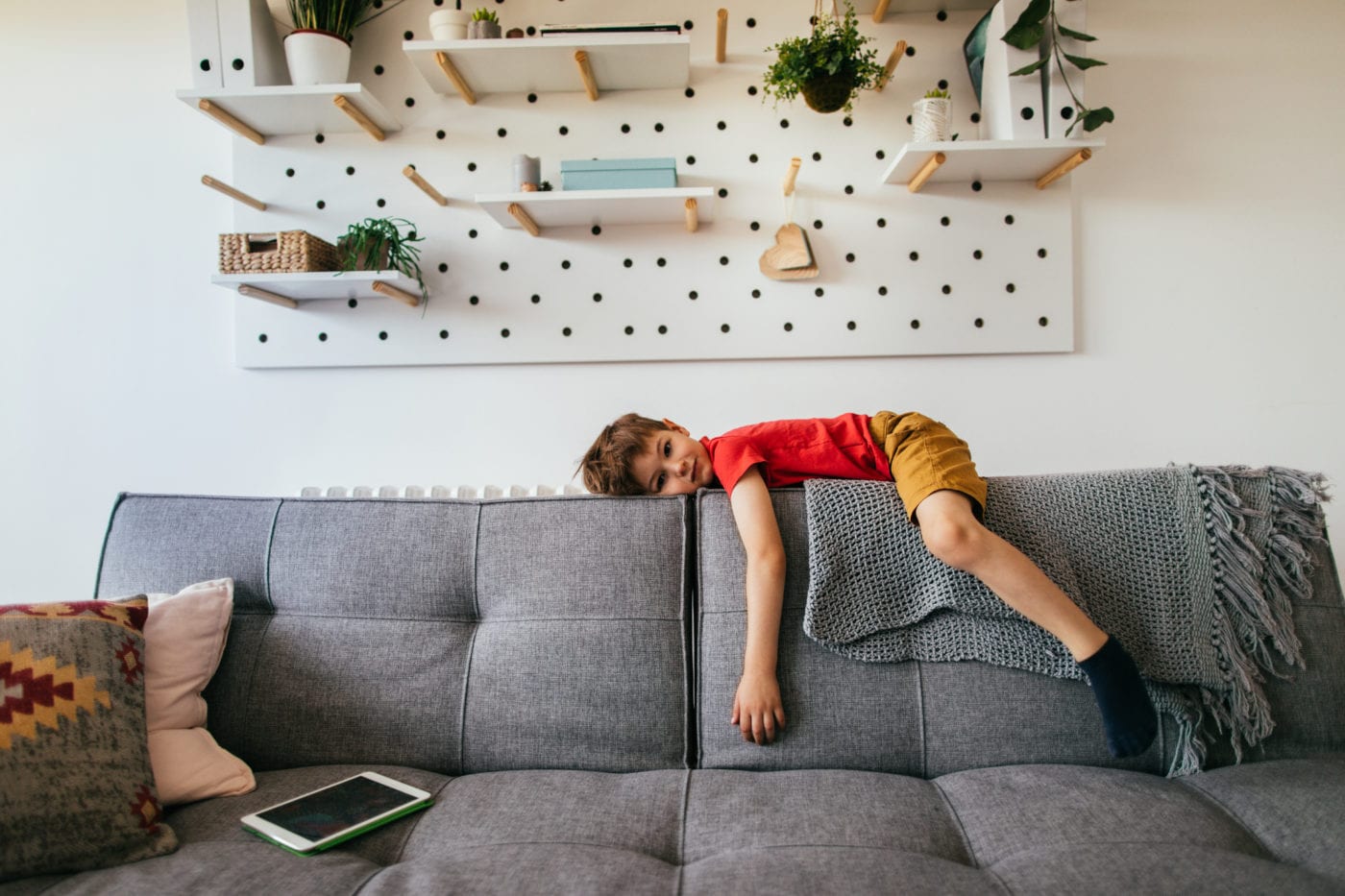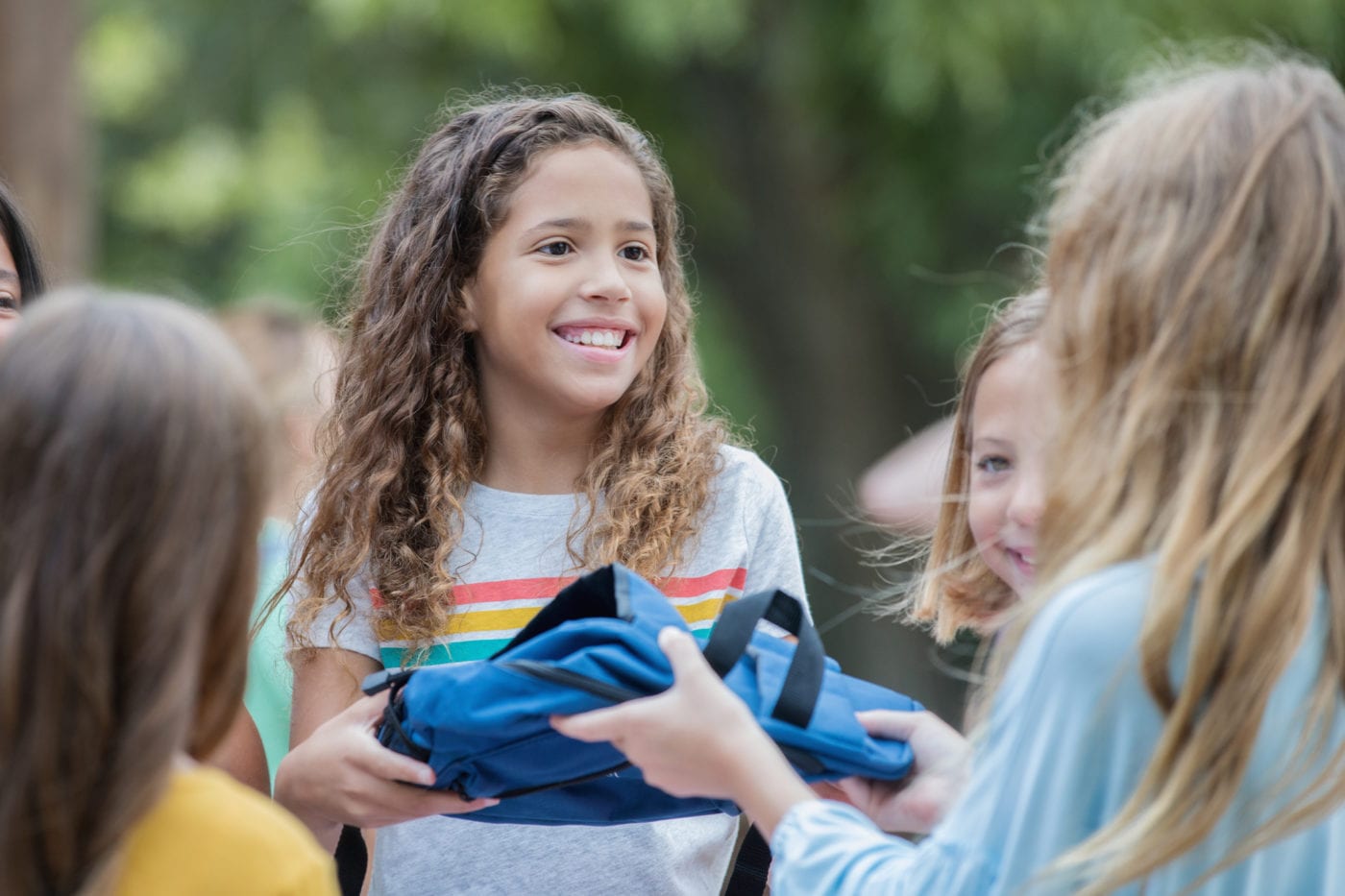My kids are pretty happy, except when they aren’t. And, to be honest, once they hit their teenage years, happiness became much more elusive. My teens are regularly upset with their friends, the government, their teachers and, of course, their parents. For years, I thought it was my job to fix this. As a parent, I thought my job was to make them happy. The problem is, while that worked sometimes, it certainly didn’t always work. Try as I might, I couldn’t make my kids happy in any lasting way.
And that’s the thing about happiness; it doesn’t often come the way we expect it to. And because of that, it turns out that much of what we’re teaching kids about happiness is just untrue. In fact, here are 5 subtle lies you’re telling your child about happiness.
1. Other people control it.
It’s easy to live as though your happiness is dependent on others. Did your coworkers bug you today? Did you have an unreasonable customer to deal with? Maybe your neighbor or mother-in-law is getting on your nerves. Regardless, there are always opportunities to allow other people to get under your skin. However, in doing this, you are handing over control of your happiness to someone else, and you’re teaching your kids to do the same.
What if one of the secrets to happiness is not in how others treat you but in how you treat them? Choosing to extend kindness to others, even those who aren’t kind to you, is a key factor in living a life of happiness. In teaching kids about happiness, we have to talk about kindness.
2. Money brings it.
Most of us wouldn’t tell our kids “money is the primary source of happiness” and yet we live like it. We work long hours, stress out about retirement accounts, or fixate on our kids getting great jobs with big paychecks. In doing so, we subtly (or not so subtly) send the message that the key to happiness is how much money you make. Of course money is an important tool. But it’s not everything.
We need to teach our children that money is a means, not an end. And in fact, one of the best ways to be happy is not to accumulate as much money as possible but to find opportunities to give it away to make a difference in others’ lives. Generous people tend to be happier people. In teaching kids about happiness, we have to talk about generosity.
3. It’s nonessential.
Some of us have had difficult lives. Maybe you’ve experienced tragedy or have been stuck in a job that sucks the life out of you for decades. As a result, we’ve developed the mentality that happiness is good if you can get it, but don’t hold your breath. We don’t want to teach our kids that their happiness is all that matters, but at the same time, happiness is not a nice addition to your life but a key factor in a good one.
It’s possible to survive on bread and water, but none of us would call that “flourishing.” A key factor for flourishing is having some happiness, even if it’s interrupted sometimes (and it will be). One way to get more happiness is to practice gratitude. Learning to “count your blessings,” even when they are few and far between, is a time tested way to a happier life. In teaching kids about happiness, we have to talk about thankfulness.
4. It’s something they find.
In teaching our kids about happiness, we often use language that implies happiness is something you discover somewhere “out there.” Happiness might live hidden in the right relationship with that special someone. Or perhaps happiness is to be found in the right career or having a family. In whatever way, we can communicate that happiness is out there waiting for you to stumble upon it.
However the reality is that happiness is often not about what you find but what you give. People who regularly serve in some capacity, whether it’s at church, with the boy scouts, or at the local food bank, are happier on the whole. In teaching kids about happiness, we have to talk about service.
5. It’s acquired by acquiring.
I’m sure you wouldn’t say happiness is something you can own. Yet we often live as though that’s true. We think we’ll be happier when we finally get that amazing house or that brand new car or the most recent version of our favorite game console. And yet studies show that there is no positive correlation between acquiring more and happiness. In fact, living in a state of constant discontent with what you have is a shortcut to misery.
Contentedness, on the other hand, is a doorway to happiness. When you believe you have enough, you’re much more likely to be happy with what you have. In teaching kids about happiness, we have to talk about being content.
Sound off: What other subtle lies do you tell your kids about happiness?











Huddle up with your kids and ask, “When are you most happy?”